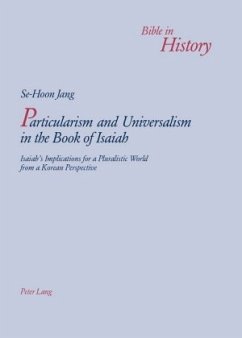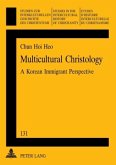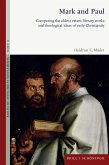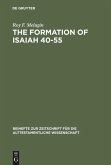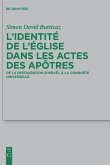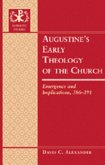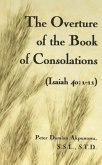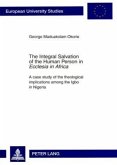This study offers a critical assessment of the two contested issues, religious pluralism and iconoclasm, from a Korean perspective by looking at a number of Isaiah's central themes, which can be identified as particularistic and universalistic. It also seeks to elucidate the contemporary implications of Isaiah's particularistic and universalistic themes for a pluralistic world, especially for Korean religious communities, which have been overwhelmed by a fiery debate about these issues.
Bitte wählen Sie Ihr Anliegen aus.
Rechnungen
Retourenschein anfordern
Bestellstatus
Storno

